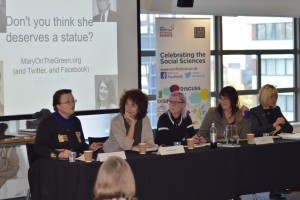 Shelley Frankenstein Festival at BU
Shelley Frankenstein Festival at BU
“Fear not that I shall be the instrument of future mischief’ ~
Feminism, Frankenstein and the Future
On the 7th November, the Women’s Academic Network in conjunction with the ESRC Festival of Social Sciences held 2 international, public research seminars at BU. These were widely promoted by Bournemouth Borough Council and the Shelley Theatre as the main intellectual course in a fanciful November feast of Shelley-Frankenstein Festival events across Bournemouth and Boscombe, marking the bicentenary of the marriage of Mary Shelley née Godwin (author of Frankenstein) and the great Romantic poet, Percy Bysshe Shelley.
The important connection of the town to the legacy of members of this famous family is not well recognised regionally – and yet they were of monumental significance in terms of both culture and politics. Mary Wollstonecraft, the courageous and prophetic Georgian feminist and author of A Vindication of the Rights of Women, was both the mother of the younger Mary, and was married to the radical political philosopher, William Godwin. The family, including Mary and Percy’s son and daughter-in-law, are buried locally at the magnificent Grade I listed, St Peter’s Town Parish Church, where the tomb includes, befittingly, Shelley’s heart.
At the first session ‘Wollstonecraft’s legacy: feminism for then and now! With an introduction to Mary Wollstonecraft’s A Vindication of the Rights of Woman’, panellists included feminist historian Dr Charlotte Gordon of Boston University USA, who has received international plaudits on her wonderful book Romantic Outlaws, which is based on the lives of the Marys, mother and daughter. The stalwart, national campaigner for a commemorative statue of Mary Wollstonecraft, Roberta Wedge, introduced the session with a most informative talk on the great feminist’s life and achievements. Christine Aziz, feminist writer and playwright on Mary Shelley, and Professor Candida Yates from the Faculty of Media & Communication completed this superb quartet of speakers, ably chaired by Dr Heather Savigny.
Sandwiched by a buffet lunch and a film showing of Kenneth Branagh’s ‘Mary
Shelley’s Frankenstein’, the second seminar followed, chaired by Professor Jonathan Parker on ‘Ethics, prosthetics and cosmeticisation: Troubling Dr Frankenstein in the 21st Century’. The highly relevant topic of cosmetic, prosthetic, genetic, and life-enhancing surgery/medicine was discussed by panellists with audience participation. Panellists included Dr Peri Bradley (editor of Food, Media and Contemporary Culture The Edible Image, Professor Iain MacRury (author of The Inner World of Doctor Who: psychoanalytic reflections in time and space), Revd Dr Ian Terry (Team Rector of St Peter’s Town Parish Church), and WAN co-convenor and feminist thinker and event organiser, Professor Sara Ashencaen Crabtree.
The reviews of this event have been excellent and bodes well for BU’s future participation in forthcoming Bournemouth-wide Shelley-Frankenstein Festivals via WAN and other scholarly initiatives. The aims of the Festival are thus to create a significant international footprint for cultural tourism in Bournemouth, to strengthen our international academic links with academics and writers who continue to be inspired by the extraordinary achievements of this family, and finally, last but not least, to extend and expand the Faculty of Health & Social Sciences’ ‘town & gown’ community engagement work in collaboration with cross-Faculty friends and community partners.
Finally Sara and Jonathan would like to extend many thanks to Professor Sam Porter, Head of Dept for Sociology & Social Work in HSS who opened the event and ably demonstrated the nimble eloquence that can only come from kissing the Blarney Stone.
Professor Sara Ashencaen Crabtree
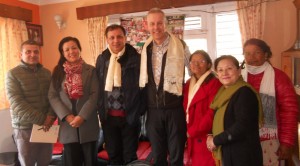

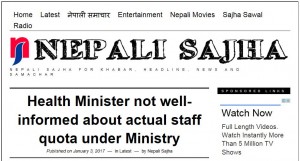


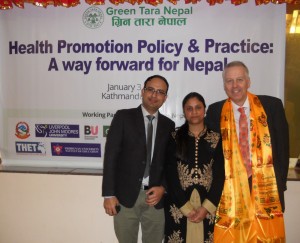
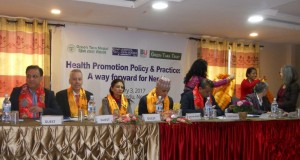
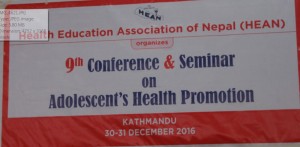 Yesterday Prof. Edwin van Teijlingen from BU’s Centre for Midwifery, Maternal & Perinatal Health (CMMPH) spoke at the 9th Conference and Seminar on Adolescent’s Health Promotion in Kathmandu. This event was organised by the Health Education Association of Nepal (HEAN). The first keynote speech ‘Adolescent’s Health Promotion: Global Perspectives‘ was presented by BU Visiting Faculty Prof. Padam Simkhada (based at Liverpool John Moores University) on behalf of his BU co-authors Dr. Pramod Regmi and Prof. Edwin van Teijlingen. The second keynote speech ‘Global Health Promotion Approach‘ was presented jointly by Prof. van Teijlingen and Green Tara Nepal country director Mr. Ram Chandra Silwal on behalf of their collaborators Prof. Simkhada and Green Tara Trust, UK (Dr. Jane Stephens and Ms. Colette Fanning).
Yesterday Prof. Edwin van Teijlingen from BU’s Centre for Midwifery, Maternal & Perinatal Health (CMMPH) spoke at the 9th Conference and Seminar on Adolescent’s Health Promotion in Kathmandu. This event was organised by the Health Education Association of Nepal (HEAN). The first keynote speech ‘Adolescent’s Health Promotion: Global Perspectives‘ was presented by BU Visiting Faculty Prof. Padam Simkhada (based at Liverpool John Moores University) on behalf of his BU co-authors Dr. Pramod Regmi and Prof. Edwin van Teijlingen. The second keynote speech ‘Global Health Promotion Approach‘ was presented jointly by Prof. van Teijlingen and Green Tara Nepal country director Mr. Ram Chandra Silwal on behalf of their collaborators Prof. Simkhada and Green Tara Trust, UK (Dr. Jane Stephens and Ms. Colette Fanning).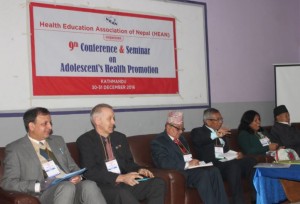

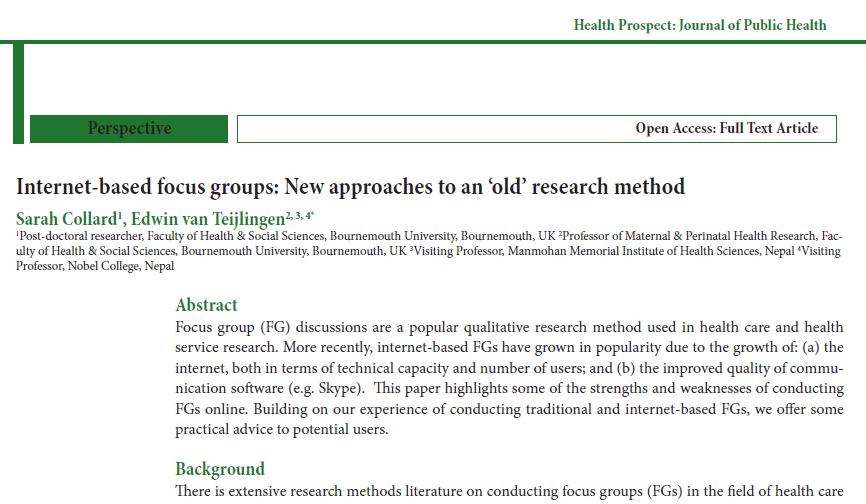

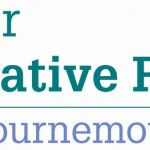
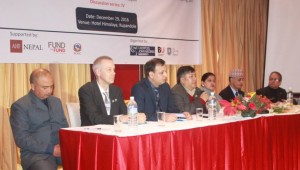
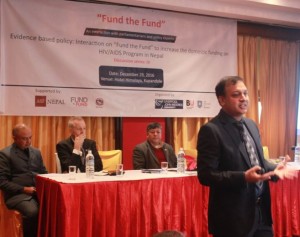
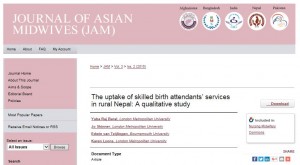

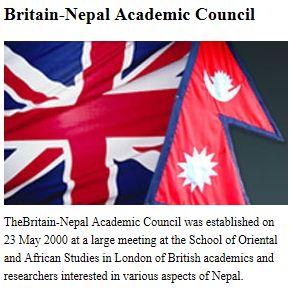
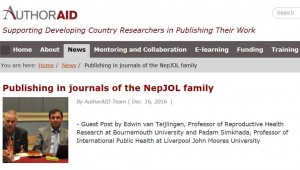
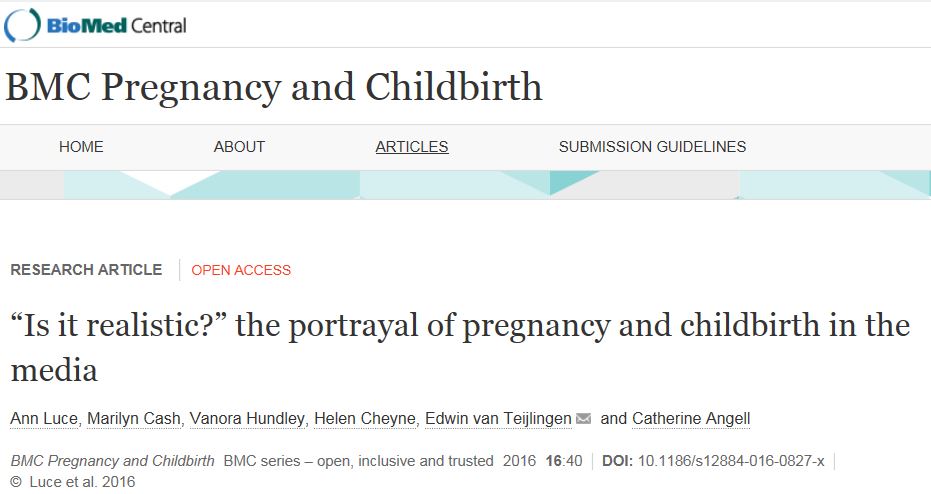
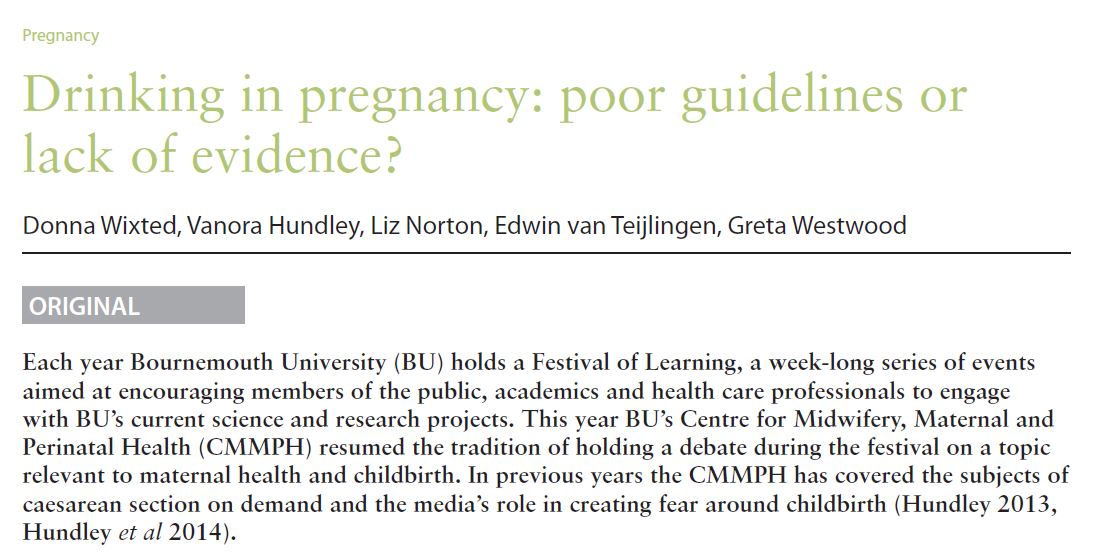
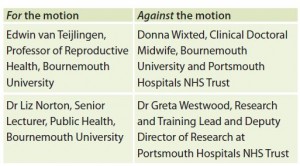

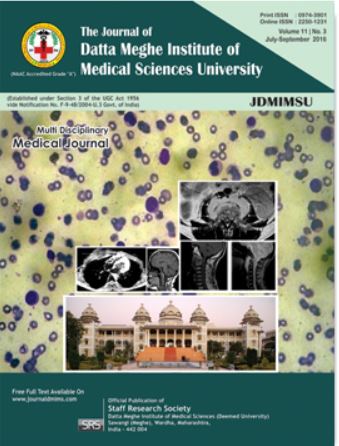
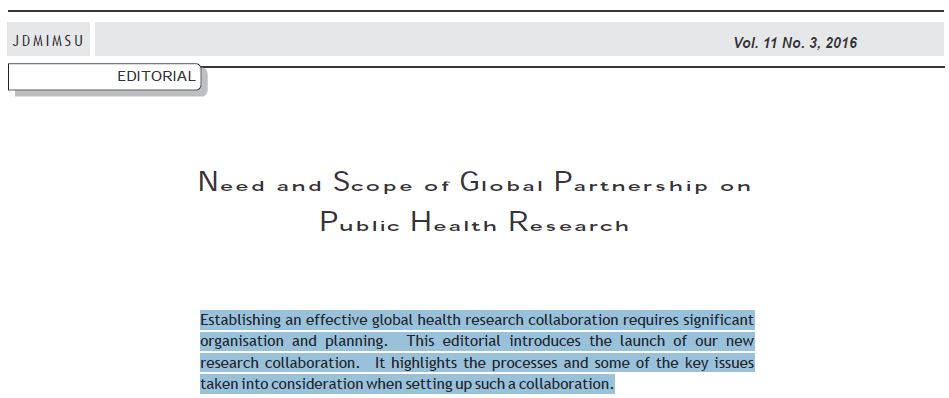

 Shelley Frankenstein Festival at BU
Shelley Frankenstein Festival at BU The complexities of multiculturalism as a social ontology and as a political discourse have taken a rapid and alarming turn to the right in a political moment of increasing social turbulence on issues that revolve around national identity, ethnicity and religion. It is therefore timely, if regrettably so, that the second edition of Islam and Social Work makes its debut this month.
The complexities of multiculturalism as a social ontology and as a political discourse have taken a rapid and alarming turn to the right in a political moment of increasing social turbulence on issues that revolve around national identity, ethnicity and religion. It is therefore timely, if regrettably so, that the second edition of Islam and Social Work makes its debut this month.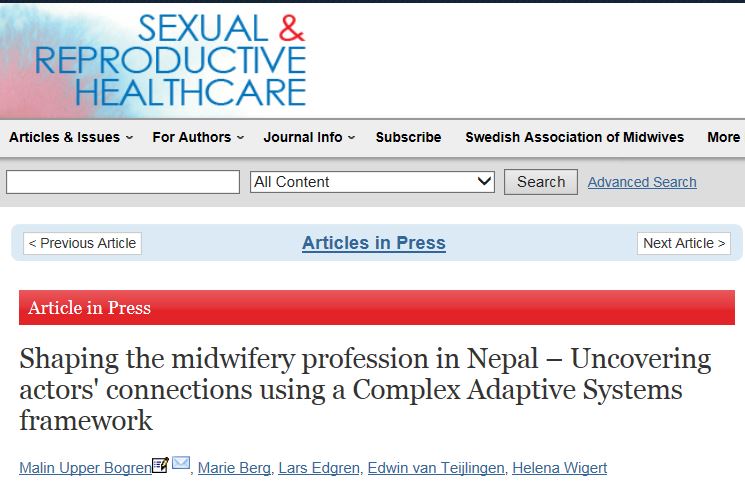
 The
The 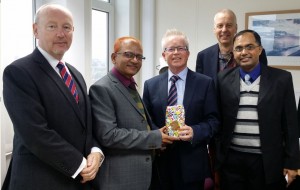
 MMIHS publishes its own journal the
MMIHS publishes its own journal the 










 REF Code of Practice consultation is open!
REF Code of Practice consultation is open! BU Leads AI-Driven Work Package in EU Horizon SUSHEAS Project
BU Leads AI-Driven Work Package in EU Horizon SUSHEAS Project Evidence Synthesis Centre open at Kathmandu University
Evidence Synthesis Centre open at Kathmandu University Expand Your Impact: Collaboration and Networking Workshops for Researchers
Expand Your Impact: Collaboration and Networking Workshops for Researchers ECR Funding Open Call: Research Culture & Community Grant – Apply now
ECR Funding Open Call: Research Culture & Community Grant – Apply now ECR Funding Open Call: Research Culture & Community Grant – Application Deadline Friday 12 December
ECR Funding Open Call: Research Culture & Community Grant – Application Deadline Friday 12 December MSCA Postdoctoral Fellowships 2025 Call
MSCA Postdoctoral Fellowships 2025 Call ERC Advanced Grant 2025 Webinar
ERC Advanced Grant 2025 Webinar Update on UKRO services
Update on UKRO services European research project exploring use of ‘virtual twins’ to better manage metabolic associated fatty liver disease
European research project exploring use of ‘virtual twins’ to better manage metabolic associated fatty liver disease